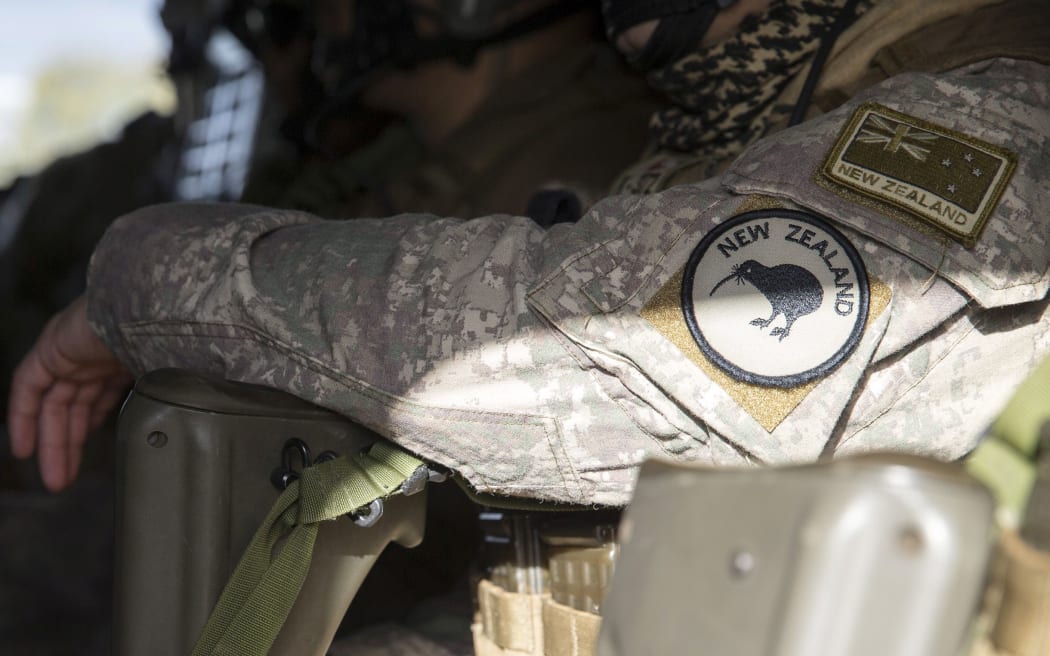
File pic Photo: NZDF / Supplied
A coroner has ruled the death of a Defence Force service person at a New Zealand military base was self-inflicted.
The service person had been engaged in mental health services prior to and during their enlistment with the NZDF, and was the subject of an internal investigation at the time of their death in 2013.
Their name and identifying details have been suppressed.
Coroner Marcus Elliot made a series of recommendations following a hearing in 2023, which have now been released in reserved findings.
They have been split into three categories - investigations, support and information sharing.
The coroner said when the NZDF was conducting internal investigations that "potentially places the status of personnel in jeopardy" (for example, disciplinary charges, investigation, the prospect of a medical discharge, or seizure of belongings), it should ensure the person under investigation was being adequately supported.
This included "a clear and timely explanation of the process, including the likely timeframe and potential outcomes" being communicated to the affected person, that searches and seizures "are reasonable" and it was made clear what was being alleged.
NZDF should also ensure "the matter is resolved without undue delay and that, where there are welfare concerns for the personnel involved, the investigation is expedited", Elliot said.
His recommendations extended to include a person subject to an ongoing investigation who had been identified as "suffering from mental health issues".
"The medical officer overseeing the person should identify the potential stressors which may increase suicidal risk and formulate a plan to address them," Elliot said.
"Support should be offered at those times during the investigation which may engender additional stress (for example, interviews)."
Mental health risk should "always be taken into account in operational decisions relating to the person's activities", the coroner said.
He also recommended that junior military leaders were "equipped with adequate skills and resources to identify mental health issues, to provide informal support to troops and to refer them for medical assistance (including urgent assistance) where appropriate".
Elliot acknowledged that NZDF had already made a number of changes since 2013, and recognised that some of his recommendations were already part of current practice and policies.
The NZDF Mental Health Strategy and implementation plan was released in 2015 with input from medical and mental health professionals.
The strategy and plan had since been refreshed in 2017 and 2020.
Where to get help:
Need to Talk? Free call or text 1737 any time to speak to a trained counsellor, for any reason.
Lifeline: 0800 543 354 or text HELP to 4357
Suicide Crisis Helpline: 0508 828 865 / 0508 TAUTOKO (24/7). This is a service for people who may be thinking about suicide, or those who are concerned about family or friends.
Depression Helpline: 0800 111 757 (24/7) or text 4202
Samaritans: 0800 726 666 (24/7)
Youthline: 0800 376 633 (24/7) or free text 234 (8am-12am), or email talk@youthline.co.nz
What's Up: free counselling for 5 to 19 years old, online chat 11am-10.30pm 7days/week or free phone 0800 WHATSUP / 0800 9428 787 11am-11pm Asian Family Services: 0800 862 342 Monday to Friday 9am to 8pm or text 832 Monday to Friday 9am - 5pm. Languages spoken: Mandarin, Cantonese, Korean, Vietnamese, Thai, Japanese, Hindi, Gujarati, Marathi and English.
Rural Support Trust Helpline: 0800 787 254
Healthline: 0800 611 116
Rainbow Youth: (09) 376 4155
OUTLine: 0800 688 5463 (6pm-9pm)
If it is an emergency and you feel like you or someone else is at risk, call 111.

